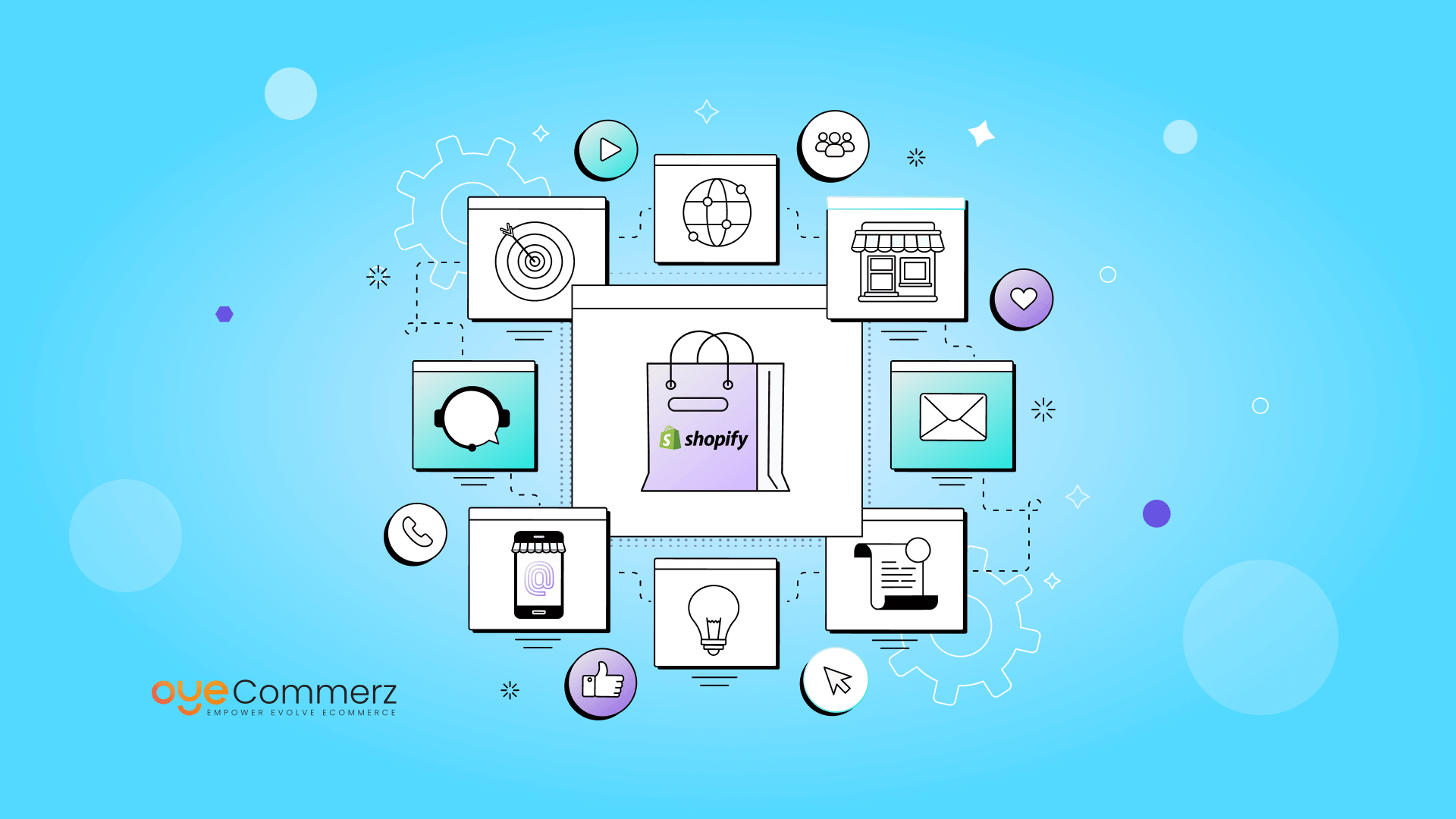Overview
In today’s competitive e-commerce landscape, standing out is paramount, and one of the best ways to differentiate a Shopify store is through custom app development. A robust Shopify app can boost store capabilities, simplify processes, and boost customer interaction. This article delves into essential elements of Shopify app development, from API integration to scaling strategies and promotion methods, providing a roadmap for companies seeking unmatched store efficiency.
The Importance of Shopify API Integration
Shopify’s API offers robust tools to customize and expand store capabilities. With the GraphQL and REST API options, developers can access data to build applications that handle inventory control, order processing, and customer information management smoothly. Integrating Shopify’s API can enable improved workflow automation and allows stores to serve customers more effectively.
Utilizing the Polaris Design System
Shopify’s Polaris is Shopify's design system for creating intuitive and accessible Shopify apps. By adhering to Polaris guidelines, developers guarantee that apps seamlessly integrate within the Shopify Admin interface. This provides a cohesive look and feel that resonates with Shopify merchants, encouraging ease of use and comfort for merchants utilizing your custom app.
Understanding the Shopify App Ecosystem
The Shopify app ecosystem provides numerous opportunities for enhancing e-commerce sites. From handling order fulfillment to increasing customer interaction, apps in this ecosystem are tailored to meet various business requirements. Familiarizing with this system assists developers in finding unique app ideas and allows for smooth connections of third-party services that enhance the store.
Building Embedded Shopify Apps
Embedded apps integrate directly within the Shopify Admin, providing a smooth interface for merchants. They allow merchants don’t have to leave their Shopify dashboard, streamlining their workflow. Using Shopify App Bridge and embedded app capabilities is recommended for offering a cohesive, integrated user environment.
Leveraging Node.js and React for Shopify Development
Node.js and React have emerged as ideal tools for Shopify app creation. This server-side framework enables high-performance back-end services, while React enables interactive and adaptive front-end user interfaces. Together, they provide an strong platform for creating speedy, growth-ready Shopify apps that enhance store functionality and customer engagement.
Utilizing Webhooks in Shopify Development
Webhooks allow real-time data updates between Shopify and an outside application. They trigger events such as new orders or inventory updates and provide immediate alerts to your app. By utilizing webhooks, apps can deliver real-time information to store owners, streamlining workflows and boosting productivity.
Engaging Customers Through Digital Marketing for Shopify Apps
To ensure Shopify app success, engaging customers is key. Utilizing digital marketing strategies like SEO, email marketing, and social outreach can drive app adoption. Additionally, designing apps with customer interaction as a focus (e.g., loyalty programs or personalized suggestions) boosts user loyalty and satisfaction.
Making Your Shopify App Scalable
As e-commerce businesses grow, so do their Custom app features for Shopify technological needs. Ensuring that your app can scale to handle Polaris design for custom Shopify apps increased traffic, larger databases, and more complex functionalities is essential. By optimizing server capacity and using scalable technologies, you can develop apps that grow in parallel to a store’s growth.
Important Features and Maintenance Tips for Shopify Apps
For an app to be useful, it should offer key capabilities like user login, analytics dashboard, and support channels. Regular app maintenance, with updates to fix bugs and ensuring compatibility with new Shopify features, is vital to ensure uninterrupted performance and avoid interruptions to business processes.
Conclusion
Custom Shopify app development holds vast potential for e-commerce businesses, offering the ability to enhance store functionality, simplify operations, and build customer relationships. With API integrations and Node.js to ensuring scalability and customer engagement, building a Shopify app involves careful planning and strategic execution. If you’re ready to elevate your e-commerce experience, a custom Shopify app may be the ideal choice. What features do you envision for your ideal app? Share your thoughts and begin the journey to an enhanced e-commerce experience!
